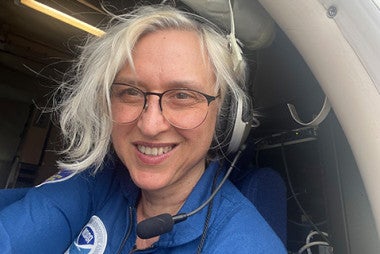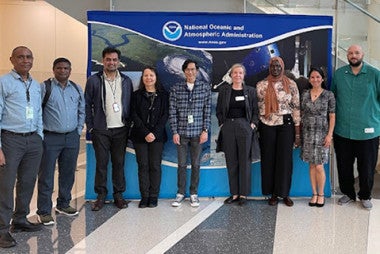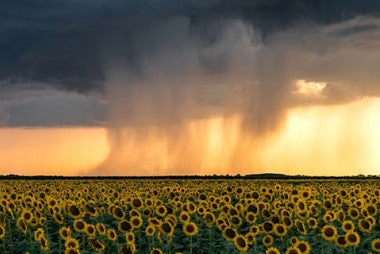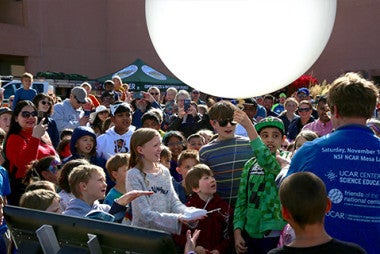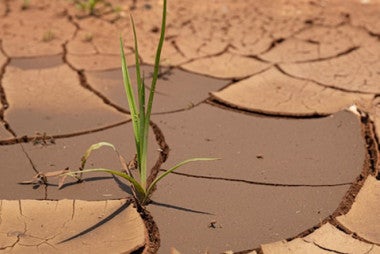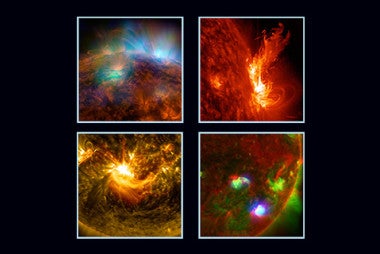Benjamin Cook | Climate Modeler and Postdoctoral Fellow
Weather History Offers Insight Into Global Warming
Article published in The New York Times by ANTHONY DePALMA
September 15, 2008
Last year, Benjamin I. Cook, a climate modeler and postdoctoral fellow at the NASA Goddard Institute for Space Studies, and his father, Edward R. Cook, a tree-ring specialist at the Lamont-Doherty Earth Observatory who met Mr. Smiley in 1971 when he was a military policeman at West Point, published a study in The International Journal of Climatology. They analyzed Mohonk House data to determine how some overwintering birds, insects, animals and 19 species of plants had changed their habits in accord with changes in temperature.
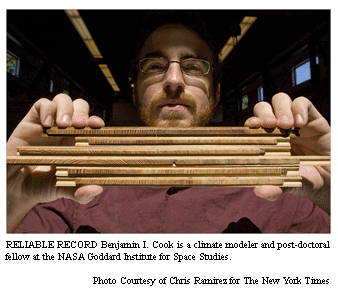
The results showed how sensitive species can be to climate change, even though the climate data itself is mixed. Benjamin Cook said hepatica, bloodroot and red berried elder tended to show the strongest trends toward earlier flowering. And despite a general warming trend, there was no significant increase in the length of the frost-free season. Nonetheless, there were significantly more days without frost.
“This is more than just a normal January thaw,” Mr. Cook said. The increase in warmer days in winter sends false signals to plants and animals whose seasonal changes can be set off by the temporary warmth.
Intrigued by that initial dip into Mr. Smiley’s data, Mr. Cook next intends to look at migrating birds. Mr. Smiley observed that by the early 1980s many migrating species were arriving about a week earlier than they did in the 1920s, and many American robins had stopped migrating altogether.
As a climate modeler, Mr. Cook said he was used to having to correct for inconsistencies in weather records and biases in phenological observations, but he said the Mohonk records were so consistently reliable that there was little need for corrections.
“It was a kind of perfect storm of the Smiley family, with this strong ethos about the land and land preservation, and Dan Smiley himself, with that same ethos, but a scientific mind,” Mr. Cook said. “We just happened to be in the right place at the right time. We were all just incredibly lucky.”
